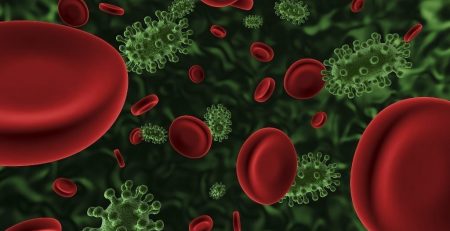New gene that stops cancer
A new gene that plays an important role in a biochemical pathway that keeps cancer cells from leaving the initial site of tumor growth and spreading throughout the body has been discovered by Salk Institute. Researchers hope that it will benefit in identifying patients that will be most likely to respond to new therapies that aim for other areas of this pathway. This study was published in Molecular Cell. Certain cancer has a better possibility to spread to other parts of the body or enlarge them, than others. Those who have lung cancer are not likely to survive as the cancer is aggressive and is known to spread quickly and early on. The five-year survival rate of those with lung cancer is as low as 10% and is much lower than the survival rate of other cancers.“The reason behind why some tumors do that [metastasize] and others don’t has not been very well understood,” said lead researcher Reuben Shaw in a news-release. “Now, through this work, we are beginning to understand why some subsets of lung cancer are so invasive.”
When tumor cells flee off from the initial site and invade other body parts like the circulatory system, they have to abrogate cellular processes that are built to keep them in place. Focal adhesion complexes, which keep cells to surfaces, can be altered by cancer cells. About 20% of lung cancers have an altered anti cancer, or tumor suppressor, gene called LKB1. Before this research, connections between this gene and focal adhesions were not known. DIXDC1, a new gene that researchers have discovered, forms a section of a signaling pathway that restrains metastasis. LKB1 directs DIXDC1 and confines to focal adhesions as to where it can then adjust the size and number of structures holding the cell in place.
Some of large adhesions are created that keep the cel to a particular surface, when DIXDC1 is switched on. Many small adhesions are made that make the cell mobile when interfered with tumor cells. This can happen by direct inhibition of DIXDC1 or through loss of the LKB1 gene. “The communication between LKB1 and DIXDC1 is responsible for a ‘stay-put’ signal in cells,” said lead author Jonathan Goodwin. Researchers displayed that overproducing DIXDC1 in tumor cells with low levels of this gene bedewed their metastatic capability in vitro and vivo. It was surprising considering the number of proteins under the control of LKB1. Researchers say that patients could benefit from new treatments that target the focal adhesions, which are currently being tested.














